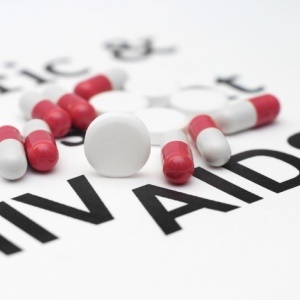
Too few teenage boys at risk for HIV infection are tested for the Aids-causing virus in the United States, researchers say.
And this contributes to the growing epidemic of undiagnosed HIV in the nation.
Close to 15% of HIV infections in the United States are undiagnosed, but the undiagnosed rate is more than 3.5 times higher (51%) among 13- to 24-year-olds, according to the study authors.
"Doctors – paediatricians in particular – need to be having more frank and open conversations with their male teenage patients," said study co-author Brian Mustanski. He's director of the Northwestern University School of Medicine Institute for Sexual and Gender Minority Health and Wellbeing.
Detailed sexual history
"If parents ask their teen's provider to talk about sexual health and testing, this may be enough to start that key dialogue in the exam room, leading to an HIV test," Mustanski said in a university news release.
These talks should include a detailed sexual history and a discussion about sexual orientation – "ideally a private conversation without parents present," he added.
For the study, the investigators asked nearly 700 gay, bisexual and questioning male teenagers, aged 13 to 18, if they'd ever had an HIV test. The researchers also asked about their sexual behaviours and condom use, any HIV education from schools and family, sexual health discussions with doctors, HIV knowledge, and attitudes about prevention and risk.
Feeling empowered
Overall, fewer than one in four had ever had an HIV test. Only one-third of those who engaged in anal sex without a condom – which carries a high risk of HIV transmission – said they'd been tested, according to the report.
Barriers to HIV testing among this high-risk group of teen boys include being unaware that they can legally consent to an HIV test, not knowing where to get tested and fears of being outed, the study authors said.
Factors that increase the likelihood of testing include talking with parents about sex and HIV prevention, knowing basic facts about HIV, feeling that testing is important and feeling empowered to do it.
The study was published online in the journal Pediatrics.
Image credit: iStock




 Publications
Publications
 Partners
Partners















